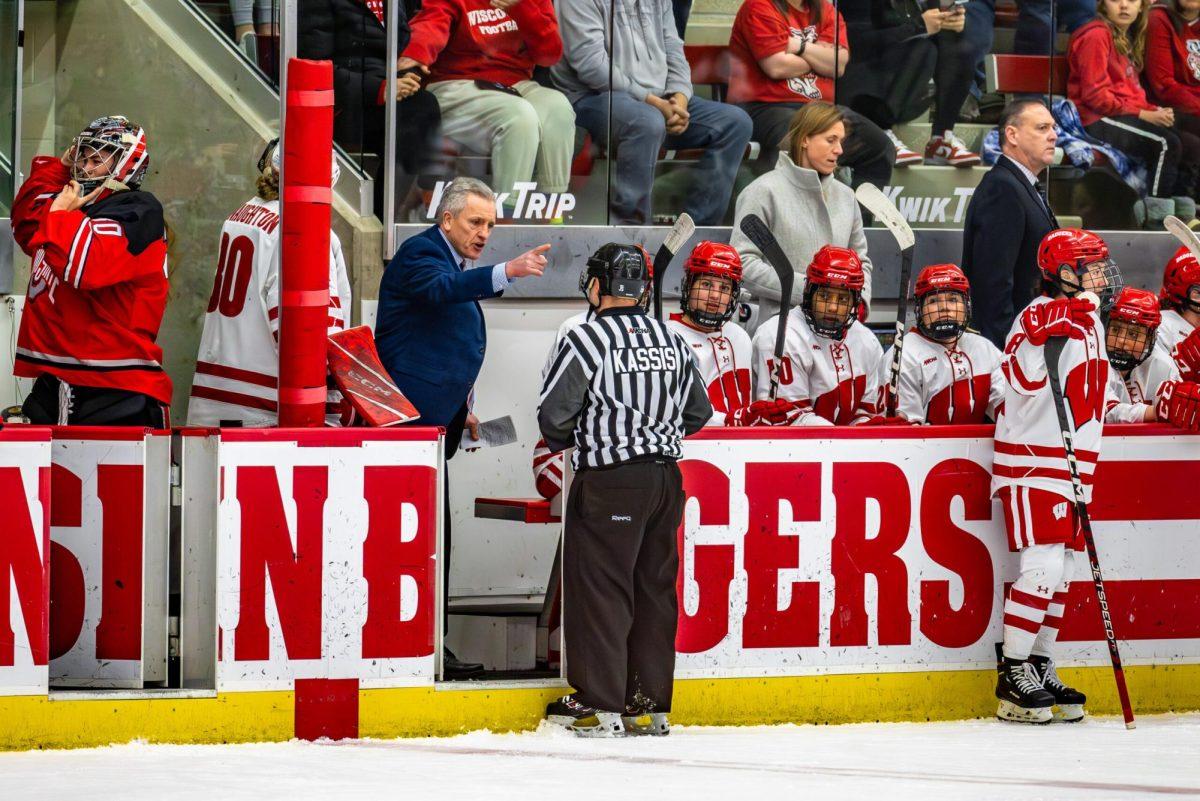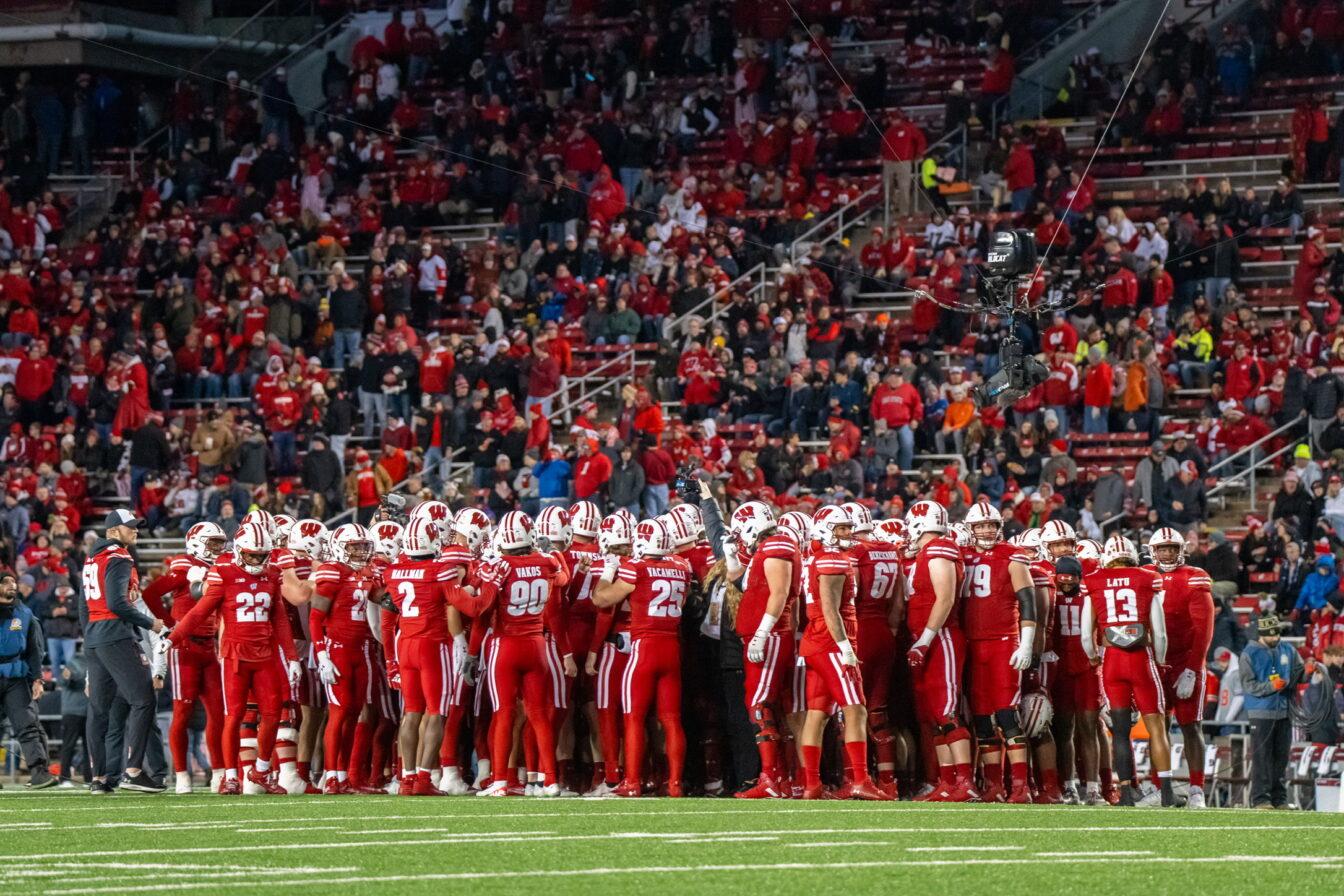Sitting here watching the NCAA tournament, enjoying the beautiful, almost-spring weather, it’s easy to think all is good in the sports world.
Of course, I’m still managing to drive myself nuts with the usual bracket second-guessing — why did I pick Notre Dame? UTEP to the Sweet 16? How did I not see Murray St. winning at the buzzer? Come on.
Nevertheless, everyone knows how awesome March is — March Madness (obviously), baseball starts up early next month, and for all you draftniks out there, NFL Draft talk is heating up. So it’s all good, right?
Sort of. I’m not one to stir up controversy just for the sake of doing so, but March has brought forth some topics that are interesting, to say the least. Again, I’m not trying to take away from the allure of March and all it has to offer, but these recent topics have once again put ethics and morals at the forefront of the sports world.
NCAA basketball graduation rates
Generally overshadowed by the actual games the sport plays, the annual report or The Institute for Diversity and Ethics in Sport is released every March amid the onset of the NCAA tournament. This year, the report’s findings are alarming. Looking at all of the tournament-bound teams’ graduation rates, the report found that while 45 teams graduated 70 percent or more of their white players, only 20 teams graduated 70 percent of their black players.
Even more startling is the fact that while those 45 teams mark a 33 percent increase from last year, the 20-team figure represents no change from last year’s report. Race aside, the nation’s top DI basketball programs are still coming up short when it comes to academics. With the release of the report, which is based out of University of Central Florida, U.S. Secretary of Education Arne Duncan pushed for a proposal to ban NCAA teams from postseason play if they don’t post graduation rates of 40 percent or higher. If such a scenario were in place for this year’s tournament, 12 teams would be ineligible.
Imagine that; nearly 20 percent of top schools in the country unable to attend the Big Dance, or even the NIT. Needless to say, schools and their basketball teams in the midst of preparing for the NCAA tournament were not happy with these findings, but that’s not the point. As long as the NCAA continues to parade the exploits of these players and propagate the illusion of masquerading them as “student-athletes,” these statistics will remain newsworthy and deserve considerable attention.
Ron Washington
I won’t even touch Tiger Woods on this one. (That’s what she said.)
Instead, this week saw a variety of off-the-field incidents steal the headlines. Multiple media outlets reported Wednesday that Texas Rangers manager Ron Washington tested positive for cocaine last season. Obviously, Washington was not fired. Later that day, the 57-year-old manager held a tearful press conference in which he admitted his “mistake.”
Now, I’m not about to criticize someone for making mistakes, especially someone under a considerable amount of daily pressure as Washington surely was. Rather, I think the Rangers are largely to blame here. In his press conference, Washington revealed that once he was randomly selected to be tested — not after he used the cocaine, though — that he offered to resign. After “a lot of soul searching” as Nolan Ryan, the Rangers’ president, labeled it, the Rangers decided to let Washington keep his job.
Ironically, one of the Rangers’ best players, left fielder Josh Hamilton, had well-known drug troubles earlier in his playing days that nearly cost him is career. Originally coming up with the Tampa Bay Rays, Hamilton overcame numerous hurdles to become an All-Star.
What kind of message, then, does allowing Washington to keep his job send? Just because he told the Rangers after a drug test he made a mistake, he gets a slap on the wrist? As the head of his team, at least on the field, Washington is responsible for being a leader. However, that leadership extends off the field, as well. Just look at how the New York Jets handled the Rex Ryan bird-flipping situation — with a $50,000 fine.
Obviously, ethics and off-the-field issues will always have a significant presence in the sports world. However, an occasional reminder as to what seems right or wrong is always helpful and serves to keep things in a proper perspective, especially among the best times of the sports year. And with that sentence, Georgetown effectively busted my bracket. Great.
Mike is a sophomore planning on majoring journalism. Agree with his stances on the NCAA and Washington? Is your bracket busted too? Let him know at [email protected].



















